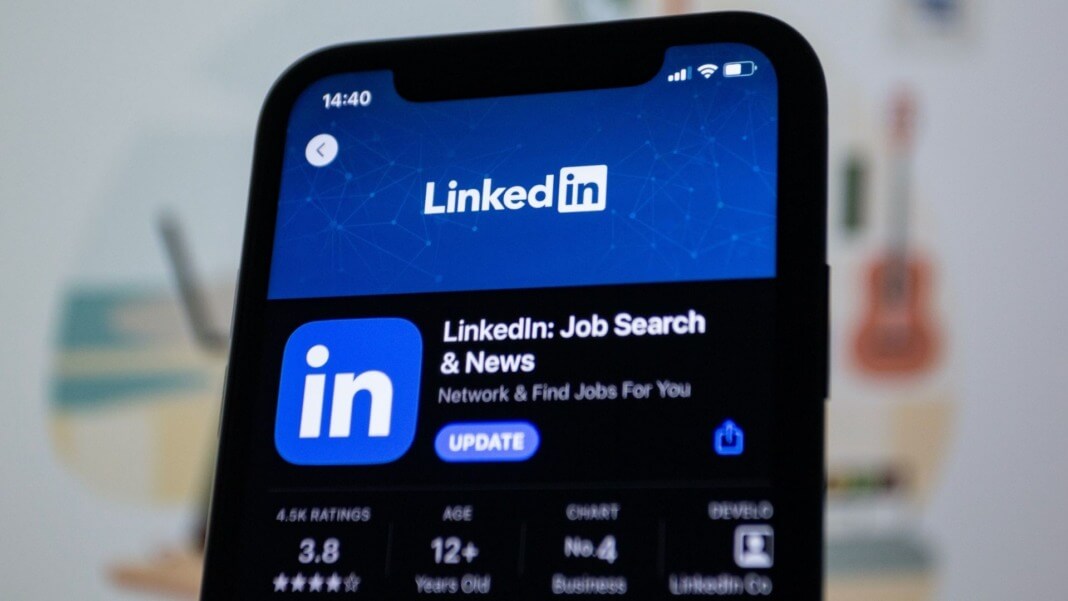The scene is becoming familiar once again: individuals sauntering into public venues, a video-recording gadget adorned on their heads. However, it’s Meta at the helm this time, not Google.
Over the last weekend, the new owners of the Meta Quest 3 headset had their first extensive rendezvous with the device. A flurry of videos emerged online, showcasing users interacting with the real world, a shift from the usual gaming narratives.
Indeed, vanquishing low-resolution adversaries breaching your digital fortress is entertaining, but the real marvel lies in Meta’s innovation, enabling you to carry out everyday tasks. Be it cooking, sweeping, or savouring a cup of coffee on a sunny day, all without removing the headset. This remarkable feature is courtesy of the Quest 3‘s full-colour, low-latency passthrough video.
OK don't be mad. But someone had to do it.
— CIX (@CixLiv) October 16, 2023
walked into a cafe in mixed reality pic.twitter.com/WSJEMWuG00
Blurring the social and technological boundaries
It wasn’t long before individuals started exploring the extent of both technology and social etiquette. Jay Mayo shared his experience of navigating the bustling floor of New York Comic-Con, capturing snippets of unsuspecting attendees.
@kukurio59 Waiting for the Elevator in Mixed Reality is crazy! #quest3 #mr #ar #mixedreality #augmentedreality #elevator #waiting #virtualreality ♬ original sound – Kukurio
Similarly, user Kukurio59 documented a seemingly mundane wait for an elevator, transforming it into a narrative on the awkwardness of social spaces. Another user, Cix Liv, showcased a nonchalant entry into a San Francisco café, placing an order whilst capturing the establishment’s ambience without concealing its location.
The lingering question of public acceptance
This isn’t the first instance of such technological intrusions into public spaces. A similar narrative unfolded a decade ago with Google Glass, which faced a substantial backlash from business owners and the public alike. The wearables were banned in numerous establishments, leading to several reported altercations involving the wearers.
Fast forward to the present, and the perception towards public photography and wearable technology has evolved, thanks in part to the ubiquitous nature of smartphone cameras. The norm has shifted, and small business owners like Ng often find a silver lining in online exposure through such interactions.
However, the question remains whether Meta had anticipated the Quest 3 headset becoming a choice accessory for modern-day Glass aficionados. Unlike its Ray-Ban smart glasses, which have clear public usage and recording notifications guidelines, the Quest 3 lacks such detailed public usage guidelines.
Moreover, the subtle recording indicator on the Quest 3—a slowly pulsing white light—barely gives away when a recording is in progress, leaving bystanders in the dark regarding their privacy.
Despite reaching out, Meta didn’t respond to a request for comment by The Verge.





